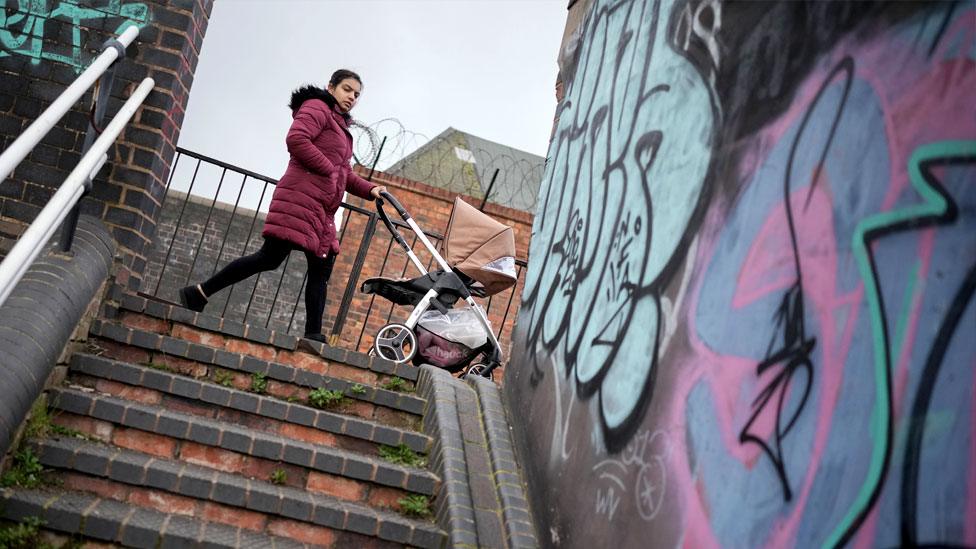Anti-London policies will slow UK's financial recovery, report says
- Published
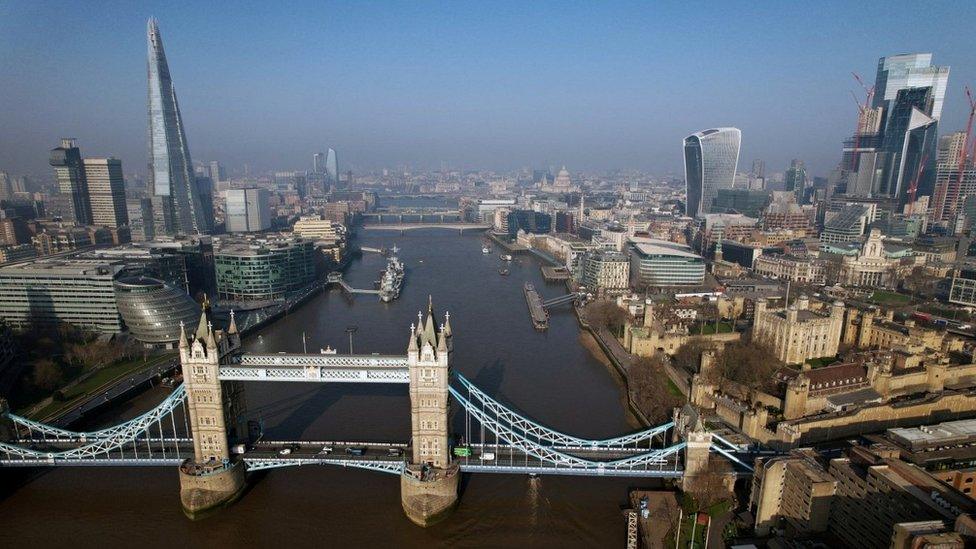
The Centre for London argues investment outside of London should not come at the expense of the capital
Divisive "them and us" rhetoric about London and the rest of the UK will hinder national recovery from the cost-of-living crisis, according to a new report.
Centre for London says there is an opportunity for less antagonism and more partnership with "levelling up" likely to fade as a political slogan.
The think tank argues investment outside of London should not come at the expense of the capital.
The report, London's Contribution in the UK, external, concluded regional inequalities could be fixed by increasing overall spending, rather than cutting London's funding. Choking off government spending in the capital would hit the tax revenues on which investment around the UK depends, it said.
The think tank carried out focus groups involving 2,000 people from London and elsewhere to find out how people feel about London's dominant status as the country's only "global" city.
On the whole, it found people outside London did not resent the capital. However, they were not convinced by arguments about the value of the City financial sector to the UK economy, in terms of tax revenue.
And participants in the focus groups did appreciate London's international reputation and its importance for tourism.
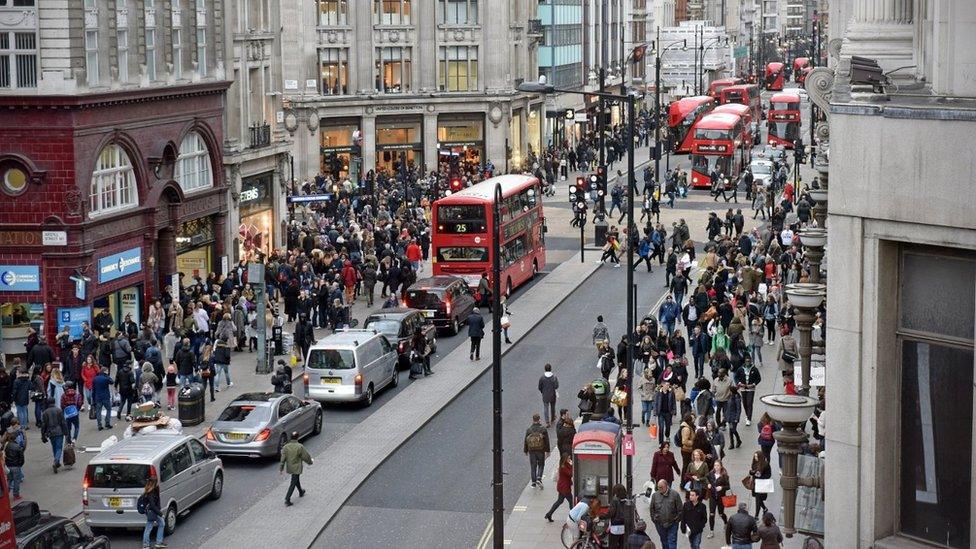
Researchers found that 71% of first-time holiday visitors to the UK come to the city
The Centre for London analysis describes the impact of "London-plus" tourism, where London is the "gateway" to visitors but the benefits are spread far beyond.
Researchers found 71% of first-time holiday visitors to the UK came to the city.
"This London-plus tourism is estimated to contribute more than £640m in spending a year, driven by the fact that these visitors spend between 24% and 64% more nights in the UK than those who just visit one location," the report said.
Indeed, in 2019 before the Covid-19 pandemic, London was visited by nearly 22 million tourists - around 63% of the total number who visited England and more than 53% of those who visited the UK.
Together, they spent nearly £16bn in the capital, accounting for 55% of tourism spending in the UK.
Their spending supported one in seven of all jobs in London, 700,000 of them, and nearly 12% of the city's economic output, according to researchers.

London's arts and cultural attractions were found to be a major draw for both domestic and international visitors
The report also found London's arts and cultural attractions were a major draw for domestic and international visitors.
However, this is at risk, due the recently announced cuts to Arts Council funding, which have raised doubts about the future of institutions like the English National Opera. Under the plans, £24m of annual funding will be diverted outside of the capital.
Researchers also believe many Londoners are unable to access the city's wealth of cultural venues, and that cuts to public funding would make them less accessible still, particularly to low income families.
According to the report, the capital "kickstarts" innovations in public transport such as contactless payment, helping to make London fundamental to the UK's productivity and creativity.
And the report said Transport for London had entered into a private-sector partnership that allowed other cities to adapt its systems for their own network.
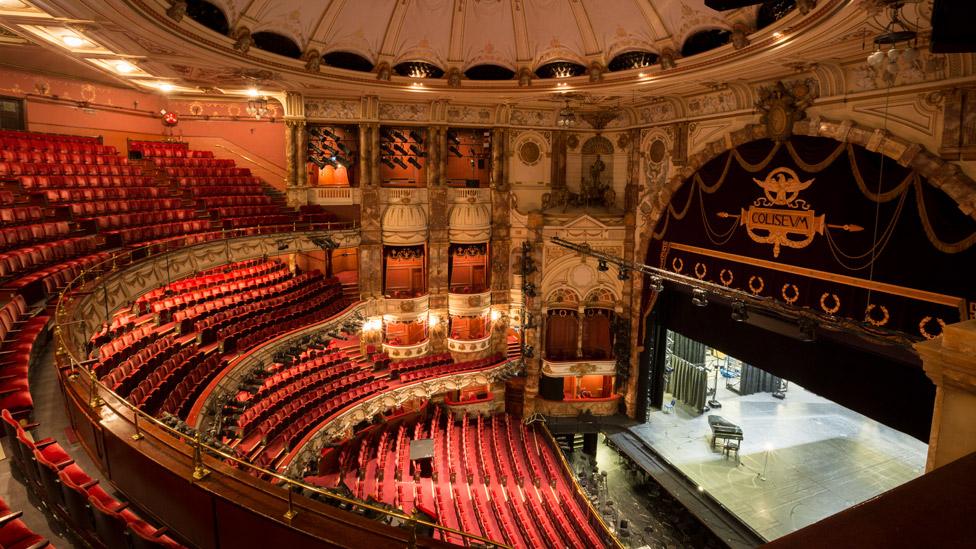
The English National Opera is currently based at the historic London Coliseum but its future is in doubt
Former prime minister Boris Johnson made "levelling up" a key slogan of his premiership, although there was little consensus of what it meant.
With the future of levelling up unclear because of the recent political "chaos", Centre for London argues the strategy should focus on increasing overall investment spending, not cutting investment in London.
Claire Harding, research director, said: "Levelling up could help everyone in the UK, but only if it is done properly. It must not be seen as an opportunity to create divisions between places or simply reduce London's funding, which is not a strategy that the public want and would only threaten the economy.
"London's contribution has always been vital to the UK, ranging from a hub of world-class education, research and arts, to a place of pride representing the country on the global stage. We hope this report will convince policymakers to continue making the case for the city."

Follow BBC London on Facebook, external, Twitter , externaland Instagram, external. Send your story ideas to hellobbclondon@bbc.co.uk, external
Related topics
- Published24 November 2022

- Published9 November 2022

- Published27 June 2022
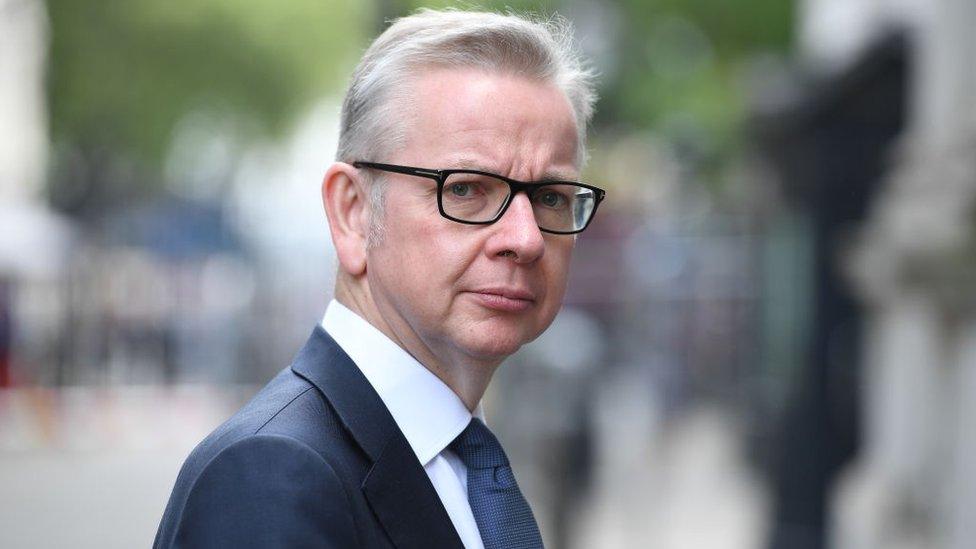
- Published15 March 2024
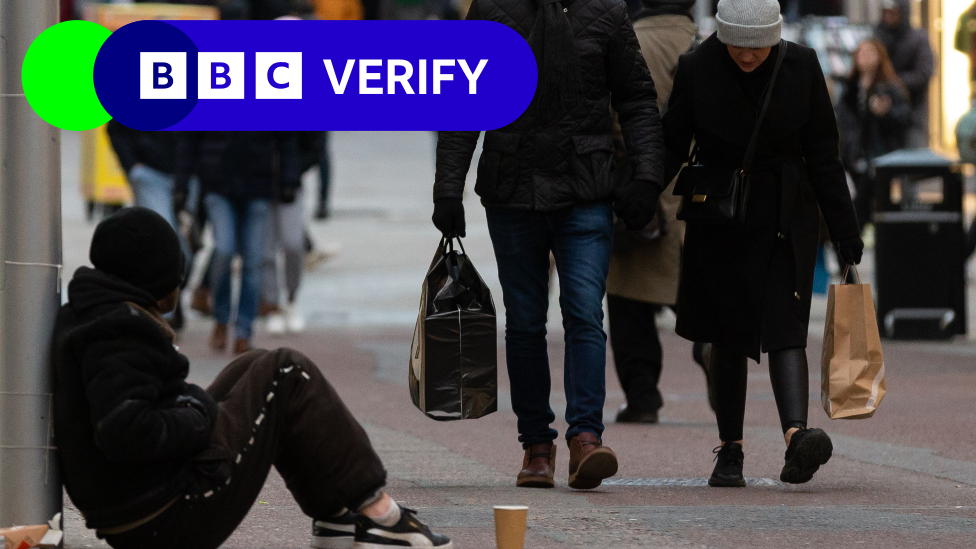
- Published2 February 2022
